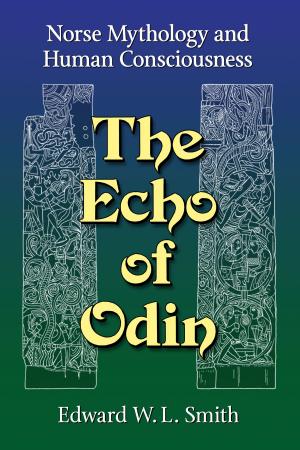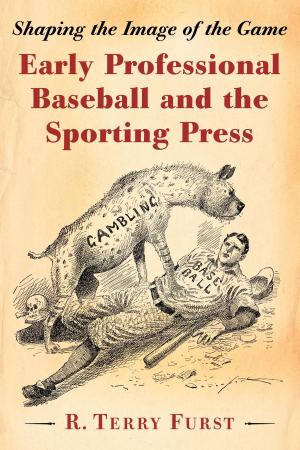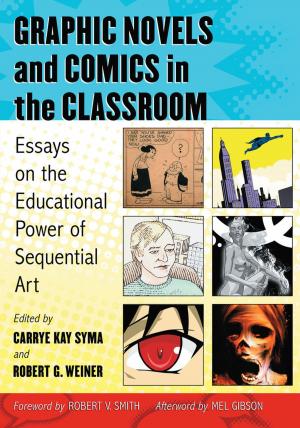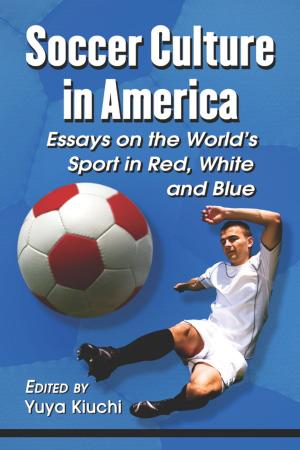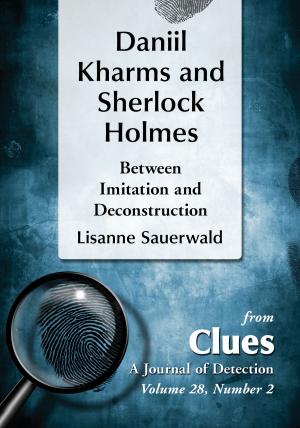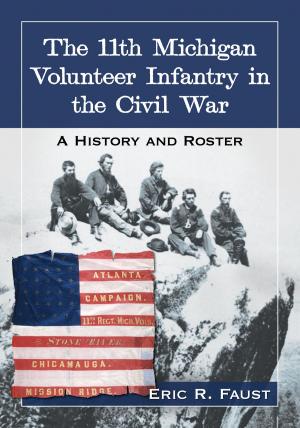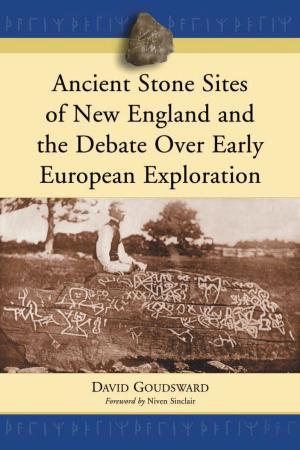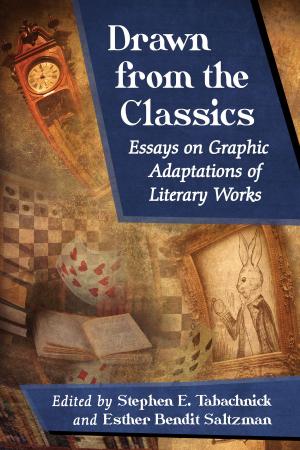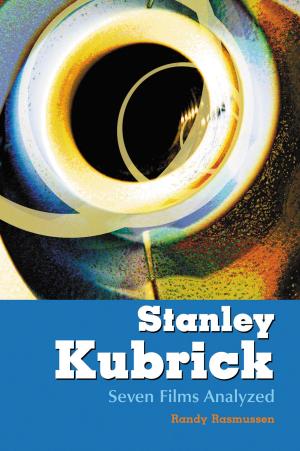The Making of Women Artists in Victorian England
The Education and Careers of Six Professionals
Nonfiction, Social & Cultural Studies, Social Science, Gender Studies, Women&, Art & Architecture, General Art| Author: | Jo Devereux | ISBN: | 9781476626048 |
| Publisher: | McFarland & Company, Inc., Publishers | Publication: | August 2, 2016 |
| Imprint: | Language: | English |
| Author: | Jo Devereux |
| ISBN: | 9781476626048 |
| Publisher: | McFarland & Company, Inc., Publishers |
| Publication: | August 2, 2016 |
| Imprint: | |
| Language: | English |
When women were admitted to the Royal Academy Schools in 1860, female art students gained a foothold in the most conservative art institution in England. The Royal Female College of Art, the South Kensington Schools and the Slade School of Fine Art also produced increasing numbers of women artists. Their entry into a male-dominated art world altered the perspective of other artists and the public. They came from disparate levels of society—Princess Louise, the fourth daughter of Queen Victoria, studied sculpture at the National Art Training School—yet they all shared ambition, talent and courage. Analyzing their education and careers, this book argues that the women who attended the art schools during the 1860s and 1870s—including Kate Greenaway, Elizabeth Butler, Helen Allingham, Evelyn De Morgan and Henrietta Rae—produced work that would accommodate yet subtly challenge the orthodoxies of the fine art establishment. Without their contributions, Victorian art would be not simply the poorer but hardly recognizable to us today.
When women were admitted to the Royal Academy Schools in 1860, female art students gained a foothold in the most conservative art institution in England. The Royal Female College of Art, the South Kensington Schools and the Slade School of Fine Art also produced increasing numbers of women artists. Their entry into a male-dominated art world altered the perspective of other artists and the public. They came from disparate levels of society—Princess Louise, the fourth daughter of Queen Victoria, studied sculpture at the National Art Training School—yet they all shared ambition, talent and courage. Analyzing their education and careers, this book argues that the women who attended the art schools during the 1860s and 1870s—including Kate Greenaway, Elizabeth Butler, Helen Allingham, Evelyn De Morgan and Henrietta Rae—produced work that would accommodate yet subtly challenge the orthodoxies of the fine art establishment. Without their contributions, Victorian art would be not simply the poorer but hardly recognizable to us today.



